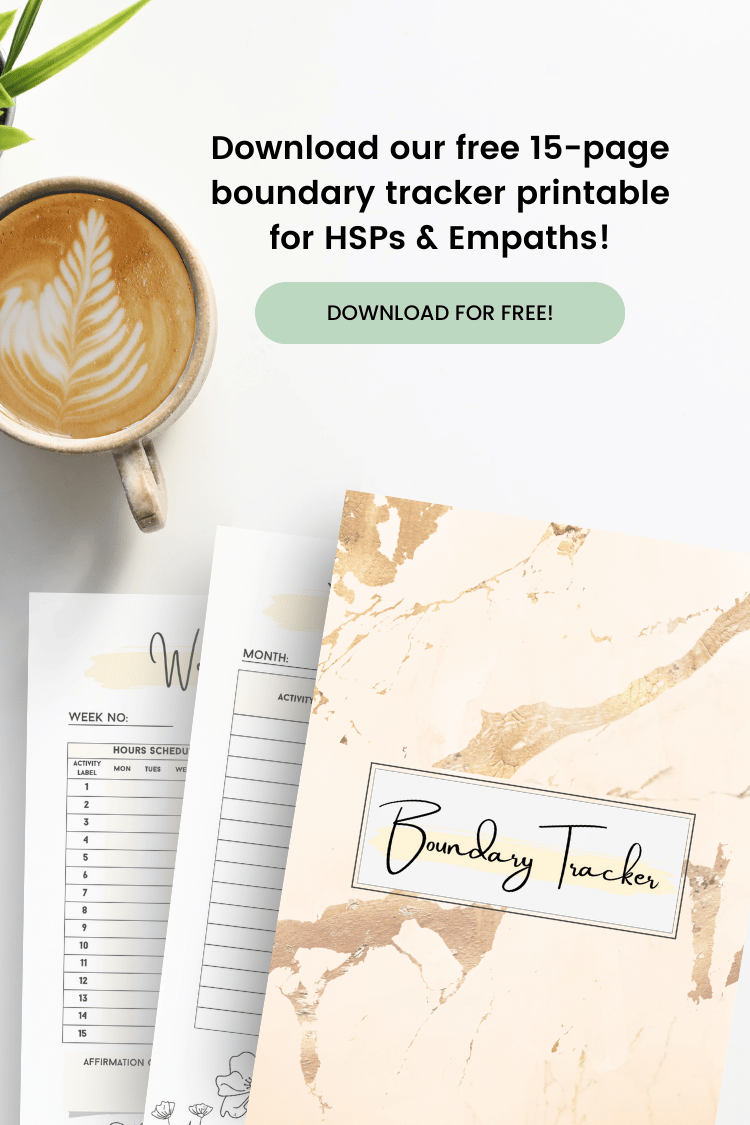Healthy communication with your partner is the key to a happy relationship. In this article, guest writer Ashley Nielsen shares valuable communication tips with you!
Just a little heads up: some of the links in this blog are affiliate links, which means if you click on them and make a purchase, we may earn a small commission at no additional cost to you. 😊
We only recommend products and services we genuinely believe in and have personally used or researched. Your support through these links helps us keep bringing you valuable content, so thank you for being amazing!
Estimated reading time: 7 minutes
Healthy communication is you and your partner’s most powerful tool in building a healthy and happy long-term relationship.
In relationships that struggle with communication or have none at all, relationship satisfaction declines, often leading to its demise.
However, healthy communication skills don’t always come naturally or get taught to us as children, making it harder in adulthood, but it’s never too late to improve your skills.
Keep reading for the benefits of healthy communication in your relationship and how you can achieve it.
Here’s what you’ll discover:
Benefits of healthy communication with your romantic partner
There are multiple benefits when it comes to healthy communication, amongst which:
#1 Enhanced understanding
Creating a safe space for you and your partner to communicate openly and honestly allows you to gain a deeper understanding of each other’s thoughts, feelings, and perspectives. By deepening your understanding of each other, you foster empathy and connection in your relationship, allowing you to relate to each other on a more profound level.
#2 Conflict-resolution skills
Healthy communication requires the necessary skills for resolving conflict in a constructive and beneficial way. Conflict in any relationship is normal, and when you express your concerns without blaming or getting defensive and actively listen to the other person’s point of view, you’ll be better equipped to reach mutually beneficial resolutions.
#3 Building trust and intimacy
Sharing thoughts, feelings, fears, and dreams with your partner builds trust and intimacy in your relationship. When you and your partner feel seen, heard, and valued, you’ll feel more comfortable being vulnerable, strengthening your bond.
#4 Stronger emotional connection
With confidence in your communication skills, you and your partner will feel comfortable engaging in deeper, more meaningful conversations. Sharing your experiences, emotions, and stories creates closeness and nurtures your relationship.
#5 Validation
We, as humans, want to feel validated, especially by our partners. When you and your partner speak respectfully to each other and show that you value each other’s opinions and feelings, you harness mutual respect. Respect and validation in your relationship mean you both feel appreciated and valued by the other person.
#6 Long-term relationship satisfaction
There’s a lot of research indicating that healthy communication is a cornerstone of long-term relationship satisfaction. Partners who utilize healthy communication skills are generally happier, experience less conflict, and have the skills to lead a long-lasting relationship.
How to harness healthy communication in your relationship
Many of us don’t get healthy examples of communication, especially when it comes to romantic relationships. And unfortunately, this means you need to put in the work yourself to engage in healthy communication. Luckily, there are numerous resources discussing healthy resources, all pointing to these tips below.
Use ‘I’ statements
A lot of friction in communication stems from using accusatory language, which puts the recipient on the defensive rather than reaching a healthy solution. When discussing an issue with your partner, frame your statements using “I” to express how you’re feeling.
For example, instead of saying “You never help me around the house”, you’d flip it and say “I’m feeling very overwhelmed with the household duties and feel like I’m contributing more than I can handle”. Remember, you’re trying to help your partner understand your feelings so they can support you, rather than starting a conversation off on the wrong foot.
Practice emotional regulation
Emotional regulation is another important skill that requires internal work. Emotional regulation is your ability to utilize healthy coping strategies in difficult situations and conversations. Insults and shouting don’t help your relationship, and they certainly don’t help you reach a resolution to your source of conflict.
If you find yourself getting too upset to continue a conversation, communicate that to your partner by saying, “I want to continue this conversation, but I’m getting too upset to be constructive. Can we come back to this in 15 minutes?”. But remember, it’s important to improve your emotional regulation skills so you can have a healthy discussion without having to take a pause.
Show empathy
Try your best to empathize with your partner’s emotions and perspective. Let them know you understand their feelings and want to support them. This doesn’t necessarily mean never telling them when they’re wrong, but rather, you’re there to listen to their perspective.
Remember, timing matters
When it comes to difficult conversations, timing is everything. When it comes to serious discussions, ensure both you and your partner do so when you aren’t in a rush, stressed, tired, or hungry. By being in a good frame of mind, you can have an open, honest, and healthy conversation more easily.
For example, if you and your partner struggle with different sexual drives, this can be an extremely sensitive topic for the partner with a lower libido. Prior to discussing such issues with your partner, consider asking them if it would be a good time to discuss a sensitive topic.
When they’re ready, remember to ask open-ended questions so your partner feels comfortable sharing their perspective. By sharing your feelings and being empathetic towards your partner, you can identify core issues leading to a lack of sexual intimacy. You could find your partner has a hypoactive libido, erectile dysfunction, struggles with their body image, and more, giving you perspective so you can better understand and support them.
Use humor
While not everything can be funny, using humor can help diffuse tense situations and ease anxiety with lightheartedness. Remember to only use humor in these types of situations when it’s appropriate and in a way that doesn’t diminish your partner’s feelings. Additionally, studies show that your ability to laugh at past conflicts as a couple is a strong indicator of a lack of resentment.
Practice compromise
Relationships are all about compromise. Be open and willing to find a middle ground when you and your partner disagree. Sometimes you and your partner will have to give in to each other, and that’s okay as long as you’re comfortable doing so.
Conduct relationship check-ins
Relationship check-ins are important for keeping couples on the same page and aware of each other’s feelings about the relationship. Set aside time for regular conversations about your relationship’s progress, goals, and any other concerns that have arisen since your last check-in. If your relationship is experiencing hardship, consider checking in on a biweekly or monthly basis.
Healthy communication for a healthy relationship
Remember, communication is a skill you build upon and can benefit not only romantic relationships but relationships with friends, family, colleagues, and more. If you find yourself really struggling with internal issues affecting your relationship, seek professional guidance from a therapist. And if you feel like you and your partner could benefit from a third-party, objective perspective, consider going to therapy as a couple. Harnessing healthy communication has endless benefits, and after reading this article, you’re already taking a step in the right direction.
You May Also Enjoy Reading These Articles








